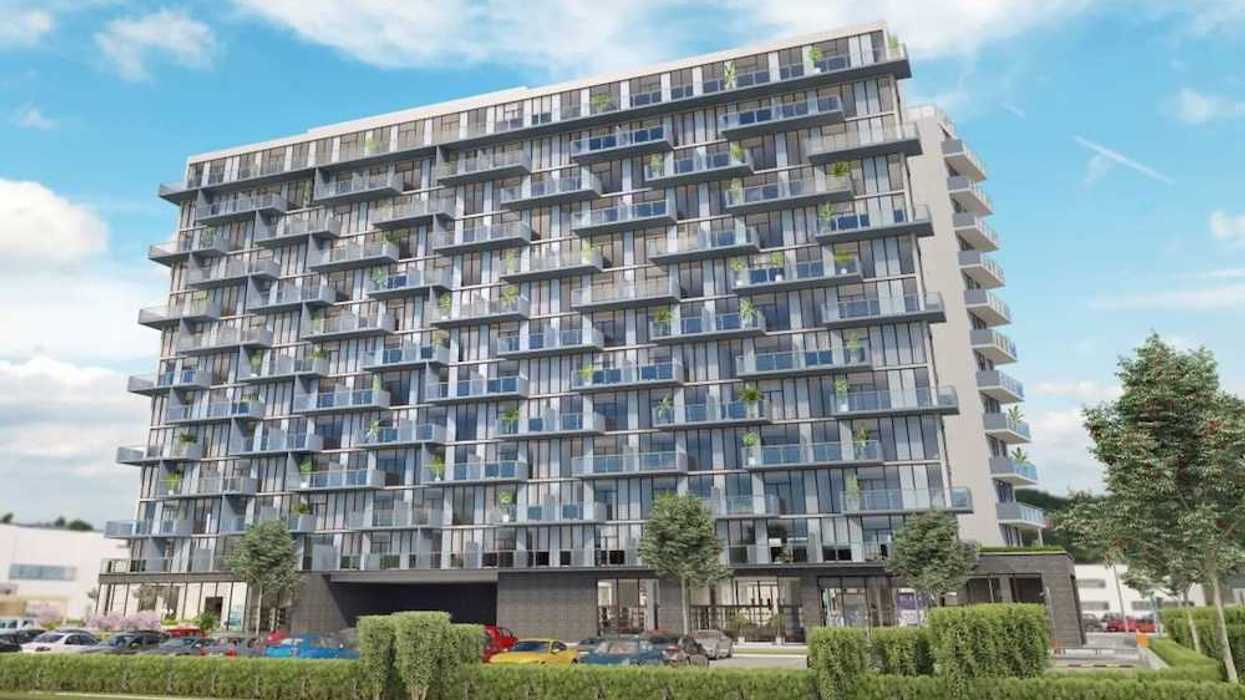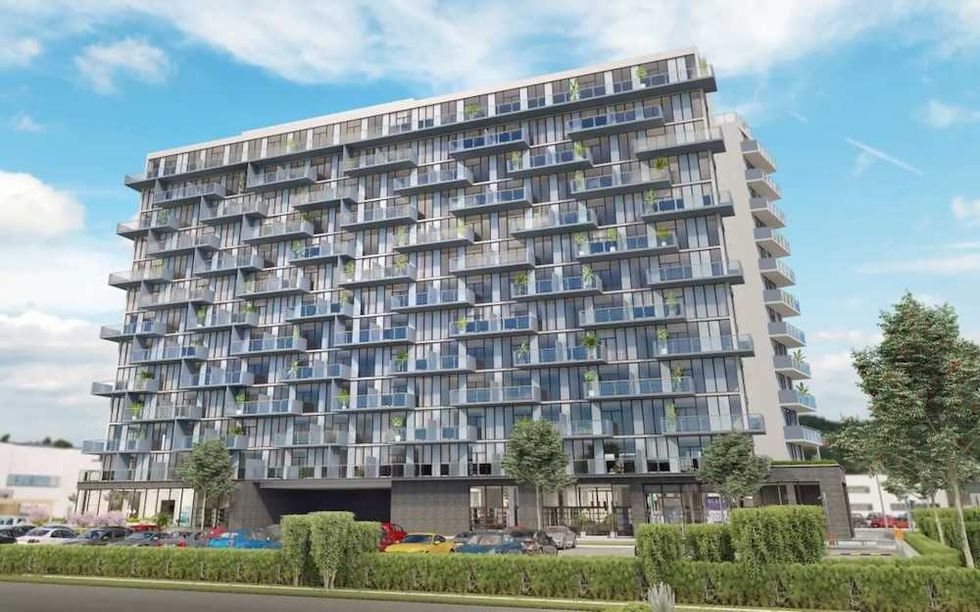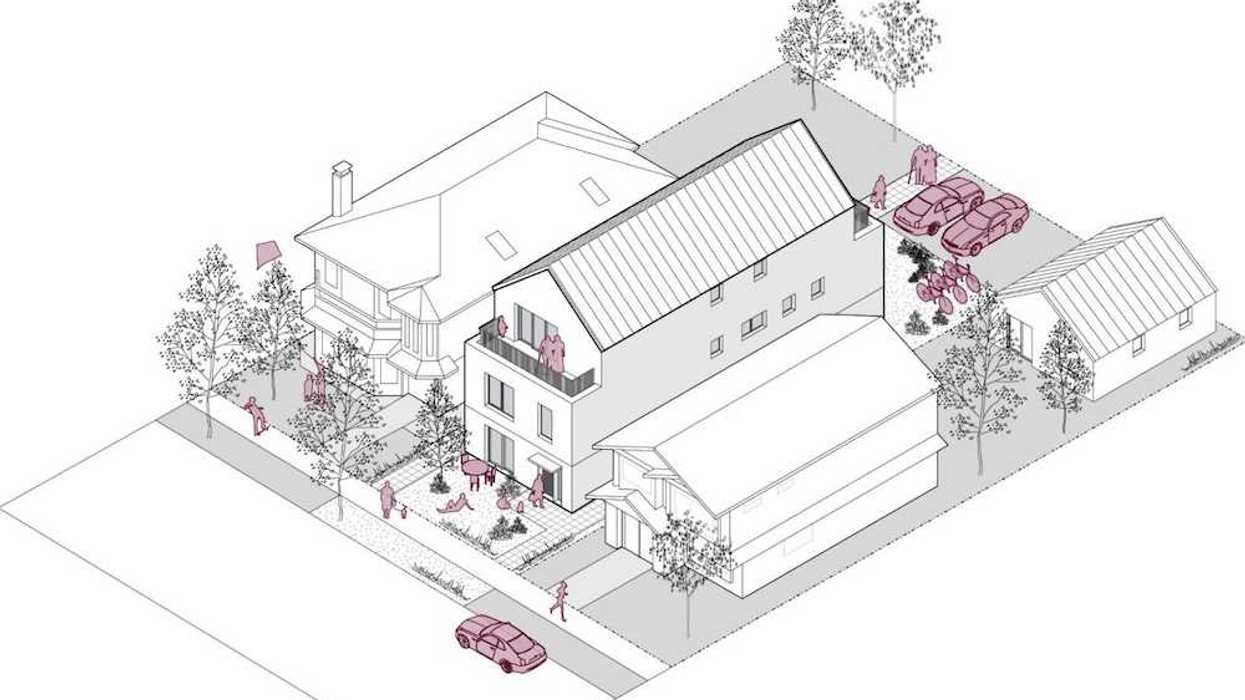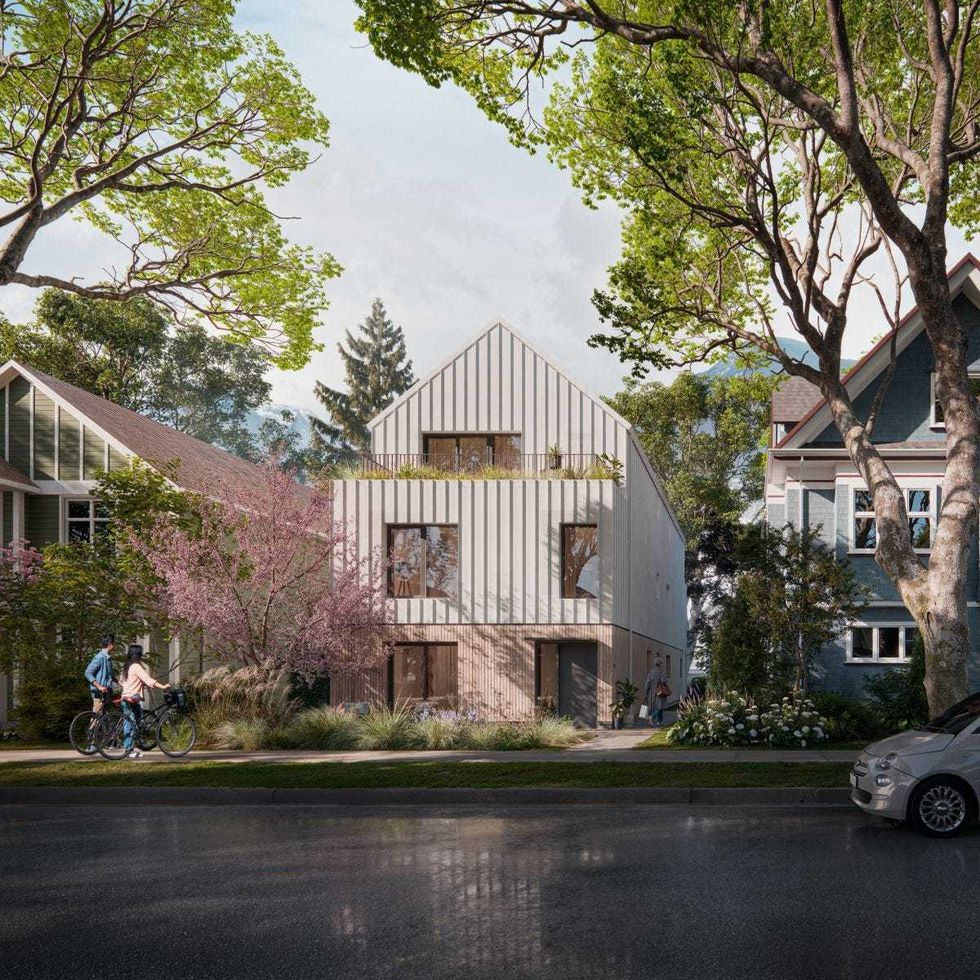Listing Agreement
Understand how listing agreements work in Canadian real estate, including contract terms, agent responsibilities, and how to protect seller interests.

May 22, 2025
What is a Listing Agreement?
A listing agreement is a contract between a property seller and a real estate brokerage that authorizes the brokerage to market and sell the property under specified terms.
Why Listing Agreements Matter in Real Estate
In Canadian real estate, the listing agreement gives the brokerage legal permission to represent the seller and outlines the expectations, compensation, and scope of services provided.
Key components of a listing agreement include:- Asking price and property details
- Listing duration (e.g., 90 days)
- Commission rate and structure
- Marketing obligations (MLS listing, open houses, etc.)
- Clauses on exclusivity and cancellation
- Exclusive Listing: One brokerage represents the seller exclusively
- MLS Listing: Property is listed on the Multiple Listing Service
- Open Listing: The seller may work with multiple brokerages (less common)
Once signed, the listing agreement creates fiduciary duties, meaning the agent must act in the seller’s best interest. Sellers should review all terms and negotiate commission rates or exclusions as needed.
Understanding the listing agreement ensures a clear relationship between seller and agent and protects both parties throughout the transaction.
Example of a Listing Agreement
A homeowner signs a 90-day exclusive listing agreement with a 5% commission and agrees to list the property on MLS with open house marketing included.
Key Takeaways
- Authorizes agent to sell a property.
- Defines pricing, marketing, and commission.
- May be exclusive or open.
- Creates fiduciary duties for the agent.
- Must be reviewed before signing.
Related Terms
- Commission
- Exclusive Listing
- MLS
- Seller’s Agent
- Real Estate Brokerage

 The LJM Tower at 2782 Barton Street East in Hamilton in June 2025. (Google Maps)
The LJM Tower at 2782 Barton Street East in Hamilton in June 2025. (Google Maps) Ontario Premier Doug Ford and LJM Developments President Liaquat Mian. (LJM Developments)
Ontario Premier Doug Ford and LJM Developments President Liaquat Mian. (LJM Developments)











 CREA
CREA
 Liam Gill is a lawyer and tech entrepreneur who consults with Torontonians looking to convert under-densified properties. (More Neighbours Toronto)
Liam Gill is a lawyer and tech entrepreneur who consults with Torontonians looking to convert under-densified properties. (More Neighbours Toronto)
 Eric Lombardi at an event for Build Toronto, which is the first municipal project of Build Canada. Lombardi became chair of Build Toronto in September 2025.
Eric Lombardi at an event for Build Toronto, which is the first municipal project of Build Canada. Lombardi became chair of Build Toronto in September 2025.

 A rendering of the “BC Fourplex 01” concept from the Housing Design Catalogue. (CMHC)
A rendering of the “BC Fourplex 01” concept from the Housing Design Catalogue. (CMHC)